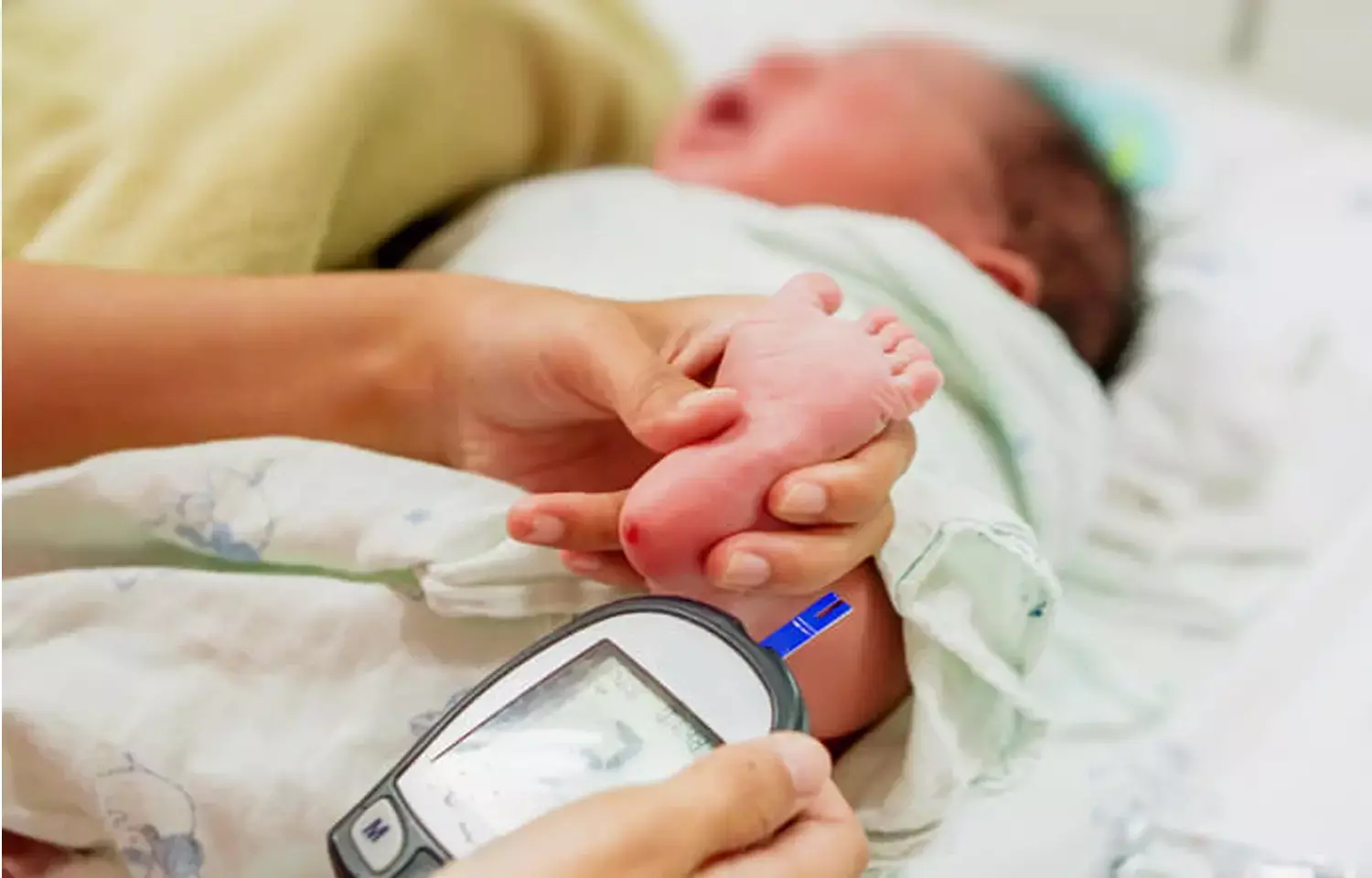- Home
- Medical news & Guidelines
- Anesthesiology
- Cardiology and CTVS
- Critical Care
- Dentistry
- Dermatology
- Diabetes and Endocrinology
- ENT
- Gastroenterology
- Medicine
- Nephrology
- Neurology
- Obstretics-Gynaecology
- Oncology
- Ophthalmology
- Orthopaedics
- Pediatrics-Neonatology
- Psychiatry
- Pulmonology
- Radiology
- Surgery
- Urology
- Laboratory Medicine
- Diet
- Nursing
- Paramedical
- Physiotherapy
- Health news
- Fact Check
- Bone Health Fact Check
- Brain Health Fact Check
- Cancer Related Fact Check
- Child Care Fact Check
- Dental and oral health fact check
- Diabetes and metabolic health fact check
- Diet and Nutrition Fact Check
- Eye and ENT Care Fact Check
- Fitness fact check
- Gut health fact check
- Heart health fact check
- Kidney health fact check
- Medical education fact check
- Men's health fact check
- Respiratory fact check
- Skin and hair care fact check
- Vaccine and Immunization fact check
- Women's health fact check
- AYUSH
- State News
- Andaman and Nicobar Islands
- Andhra Pradesh
- Arunachal Pradesh
- Assam
- Bihar
- Chandigarh
- Chattisgarh
- Dadra and Nagar Haveli
- Daman and Diu
- Delhi
- Goa
- Gujarat
- Haryana
- Himachal Pradesh
- Jammu & Kashmir
- Jharkhand
- Karnataka
- Kerala
- Ladakh
- Lakshadweep
- Madhya Pradesh
- Maharashtra
- Manipur
- Meghalaya
- Mizoram
- Nagaland
- Odisha
- Puducherry
- Punjab
- Rajasthan
- Sikkim
- Tamil Nadu
- Telangana
- Tripura
- Uttar Pradesh
- Uttrakhand
- West Bengal
- Medical Education
- Industry
Does Neonatal Hypoglycemia interfere with Mid-Childhood Academic Performance?

Exposure to neonatal hypoglycemia, was not significantly linked with inferior educational attainment in mid-childhood among participants at risk of newborn hypoglycemia who were assessed and treated if necessary, says an article published in the Journal of American Medical Association.
Although fetal hypoglycemia is linked to an increased likelihood of impaired executive and visual-motor function, the consequences for later learning remain unknown. As a result, Rajesh Shah and his colleagues undertook this study to explore the hypothesis that neonatal hypoglycemia is related to educational achievement at the age of 9 to 10 years.
This was a prospective cohort study of children born at risk of hypoglycemia, ranging from mild to late preterm and term. Glucose concentrations in blood and masked interstitial sensors were tested for up to 7 days. Infants with hypoglycemic episodes (blood glucose concentration 47 mg/dL [2.6 mmol/L]) were given treatment to keep their blood glucose concentration at or above 47 mg/dL. Six hundred fourteen newborns were recruited at Waikato Hospital in Hamilton, New Zealand, between 2006 and 2010; 480 were tested between 2016 and 2020 at the age of 9 to 10 years. Hypoglycemia was defined as at least one hypoglycemic event that occurred more than 20 minutes apart, indicating the total of nonconcurrent hypoglycemic and interstitial episodes (sensor glucose concentration 47 mg/dL for 10 minutes).
The key findings of this study are as follow:
At a mean age of 9.4 (SD, 0.3) years, 480 (82%) of 587 eligible children (230 [48%] female) were examined.
Children who were exposed to neonatal hypoglycemia and those who were not did not have significantly different rates of low educational achievement (138/304 [47%] vs 82/176 [48%], respectively; adjusted risk difference, 2% [95% CI, 11% to 8%]; adjusted relative risk, 0.95 [95 percent CI, 0.78-1.15]).
Children who were exposed to neonatal hypoglycemia were significantly less likely to be rated as reading below or well below the curriculum level by teachers (68/281 [24%] vs 49/157 [31%], respectively; adjusted risk difference, 9% [95% CI, 17% to 1%]; adjusted relative risk, 0.72 [95 percent CI, 0.53-0.99; P =.04]).
This study brought out the fact that there is no obvious relationship between neonatal hypoglycemia and mid childhood academic performance.
Reference:
Shah R, Dai DWT, Alsweiler JM, et al. Association of Neonatal Hypoglycemia With Academic Performance in Mid-Childhood. JAMA. 2022;327(12):1158–1170. doi:10.1001/jama.2022.0992
Medical Dialogues consists of a team of passionate medical/scientific writers, led by doctors and healthcare researchers. Our team efforts to bring you updated and timely news about the important happenings of the medical and healthcare sector. Our editorial team can be reached at editorial@medicaldialogues.in.
Dr Kamal Kant Kohli-MBBS, DTCD- a chest specialist with more than 30 years of practice and a flair for writing clinical articles, Dr Kamal Kant Kohli joined Medical Dialogues as a Chief Editor of Medical News. Besides writing articles, as an editor, he proofreads and verifies all the medical content published on Medical Dialogues including those coming from journals, studies,medical conferences,guidelines etc. Email: drkohli@medicaldialogues.in. Contact no. 011-43720751


